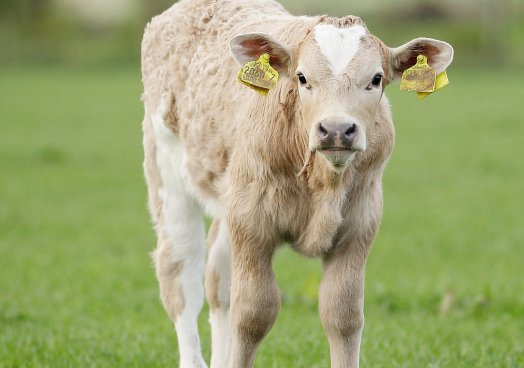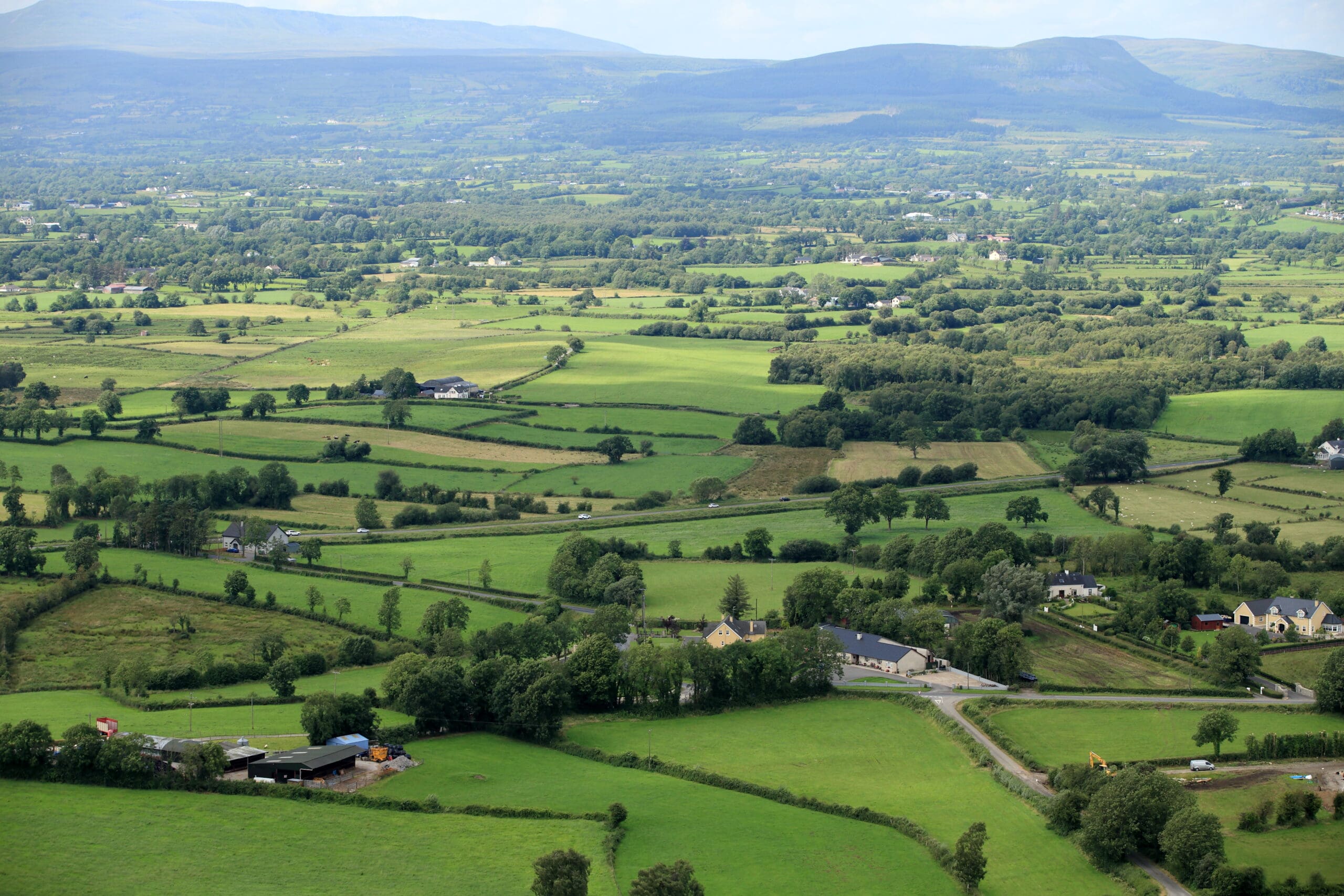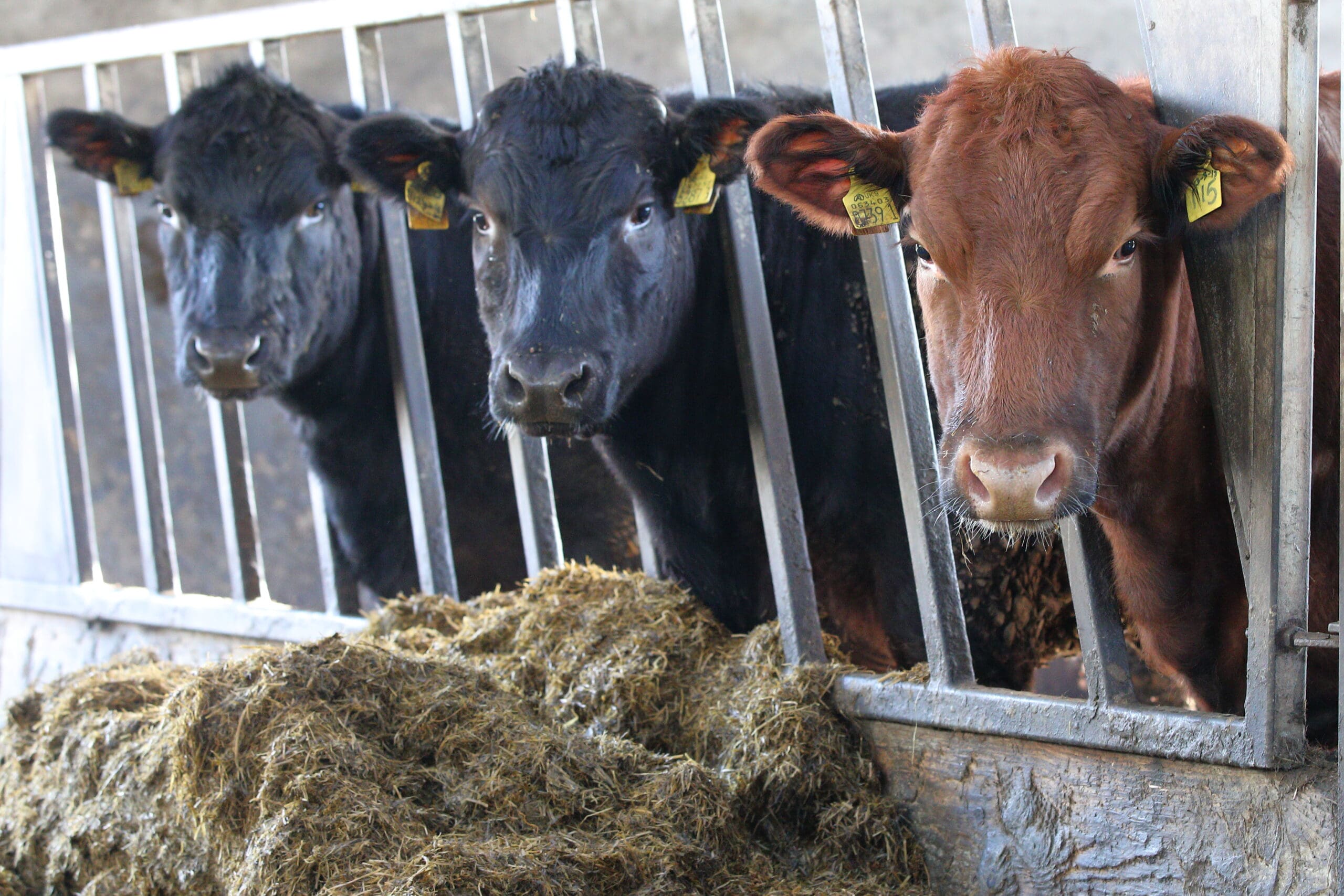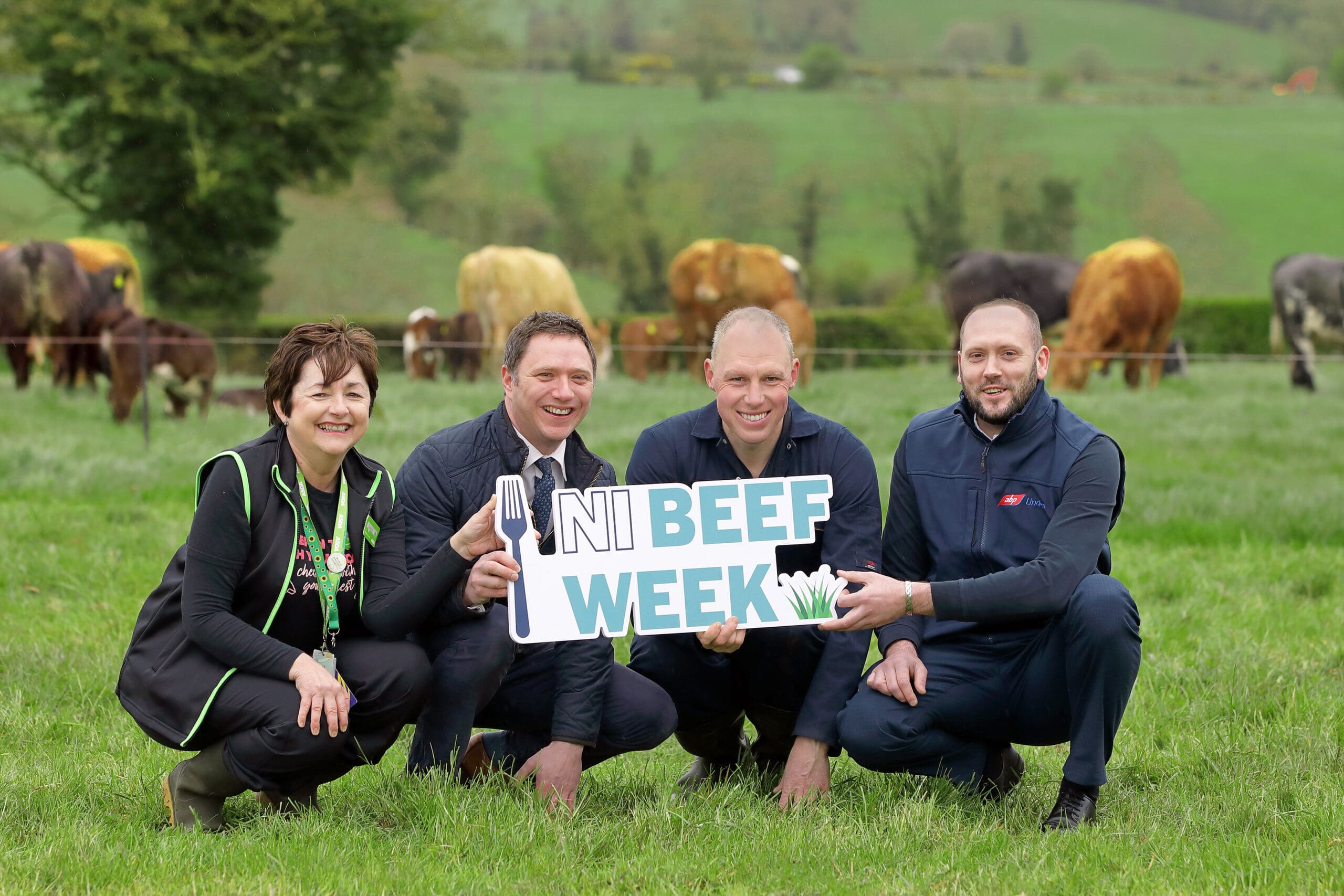
Current beef quotations do not reflect the actual prices being paid by processors, according to UFU beef and lamb chairman Crosby Cleland, who is encouraging farmers to push hard for better prices.
Article key points
- Current beef quotations do not reflect the actual prices being paid by processors and farmers are being encouraged to push hard for better prices.
- Strong demand for UK origin beef, driven by the build up of stocks for the holiday season and the current exchange rate.
- Over the past number of weeks prices paid have been consistently eight to ten pence a kilo higher than quotes on offer across all cattle.
- Demonstrates that processors are willing to pay more for cattle that meet the correct specification so it is crucial that farmers ensure cattle meet the spec in order to secure the best price.
- NI/GB price differential still exists and is unjust as NI beef meets the same quality assurance standard and is being sold to the same retailer customers.
- Farmers encouraged to investigate live export to GB as an alterative if not being offered acceptable prices in NI.
“There is strong demand for UK origin beef, driven by the build up in stocks for the Christmas period and an exchange rate that is boosting UK exports. Over the past number of weeks prices paid have been consistently eight to ten pence a kilo higher than quotes on offer across all cattle. This clearly demonstrates that processors are willing to pay more for cattle that meet the correct specification. With much of our beef going into the UK retail market it is crucial farmers ensure that cattle meet the specification if the best price is to be secured,” said Mr Cleland.
Despite opportunities for better prices here, many farmers remain concerned about the NI-GB price differential. This is sitting at an unacceptable level, with U and R grade cattle making at least 20p/kg more in Great Britain than in Northern Ireland. Mr Cleland said this price differential remains unjustified. “Our beef meets the same quality assurance standard and is being sold to the same retailer customers. This begs the question, as to why local processors are not matching the GB price for the same quality of cattle,” he said.
Mr Cleland said one way to inject greater competition into the local market is to export more live cattle to GB. “Already there are farmers and hauliers are taking advantage of the higher prices there. They are doing local beef producers an important service and it is crucial DAERA ensures this process is as straightforward as possible. I would certainly encourage farmers to investigate the live export option if the price they are offered by processors here is not acceptable,” he said.




